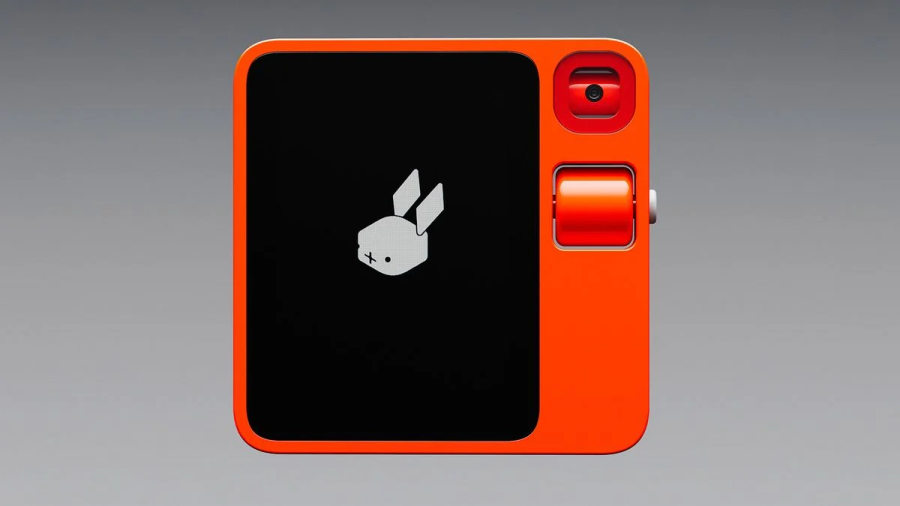Like it or not. You’re a writer. You’re creating content on a daily basis, updating your Facebook status, commenting on blogs, sending tweets. Social networking requires that level of communication. But as a writer, you’re also a potential victim for writer’s block, a condition that plagues even the most prolific authors.

The next time you find your desire to write lacking, Plinky may be just the inspiration you need.
What does the Plinky team know about inspiring bloggers? CEO and founder Jason Shellen has been involved in blogging since its humble beginnings. He worked at Pyra Labs, the company that developed Blogger, one of the first blogging platforms. When the company was acquired by Google, Shellen became the product manager for Google Reader, a product that millions of people use to read blogs every day. Later he spent some time at LiveJournal.
Shellen doesn’t just know blogging, he’s lived it. Now he’s hoping to inspire others.
Where Does the Inspiration Come From?
Plinky is simple and straightforward. Every day, the service delivers writing prompts in hopes of eliciting short introspective answers. If Twitter is “What are you doing?”, Plinky is “What do you think about this?”

Current prompts range from making a mixtape of favorite songs to defending your vice. Users compose responses within Plinky using text, images, maps, or other objects that help them craft an answer. Then, those answers can be easily repurposed to other microblogging and blogging services.
But Plinky also manages to provide a venue for social interaction of its own. Users have a stream of responses that are publicly viewable, they can follow other users, and they can favorite responses. Plinky also provides immediate access to other answers to the question you’re considering – providing even more sources of inspriration. For a seemingly simple service, there is quite a bit going on.
Louis Gray got an early preview of the service. So if you’re interested in more details on all Plinky has to offer, his thorough walkthrough of Plinky provides a solid overview.
In our testing, Plinky proved to be entertaining. The initial prompts are fun, inspiring good crosstalk among Plinky’s early adopters. Reading others’ responses proved equally compelling.
Whether that interest is sustainable remains to be seen. Facebook has found some of its success by prompting users with an endless barrage of surveys. There’s no reason that Plinky can’t do the same.
In the long-term, it will be interesting to see what types of users gravitate to the site and continue to return on a daily basis. In the short-term, however, one thing is for certain: with a known entity like Shellen involved, Plinky is sure to develop a rapid following.









